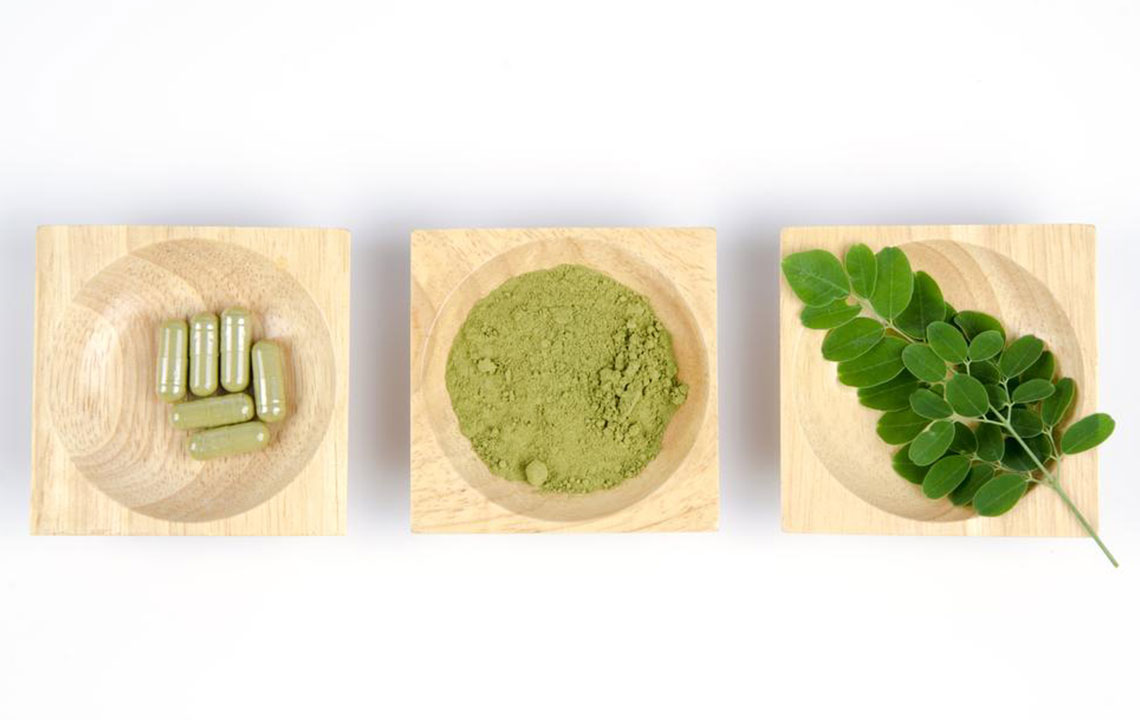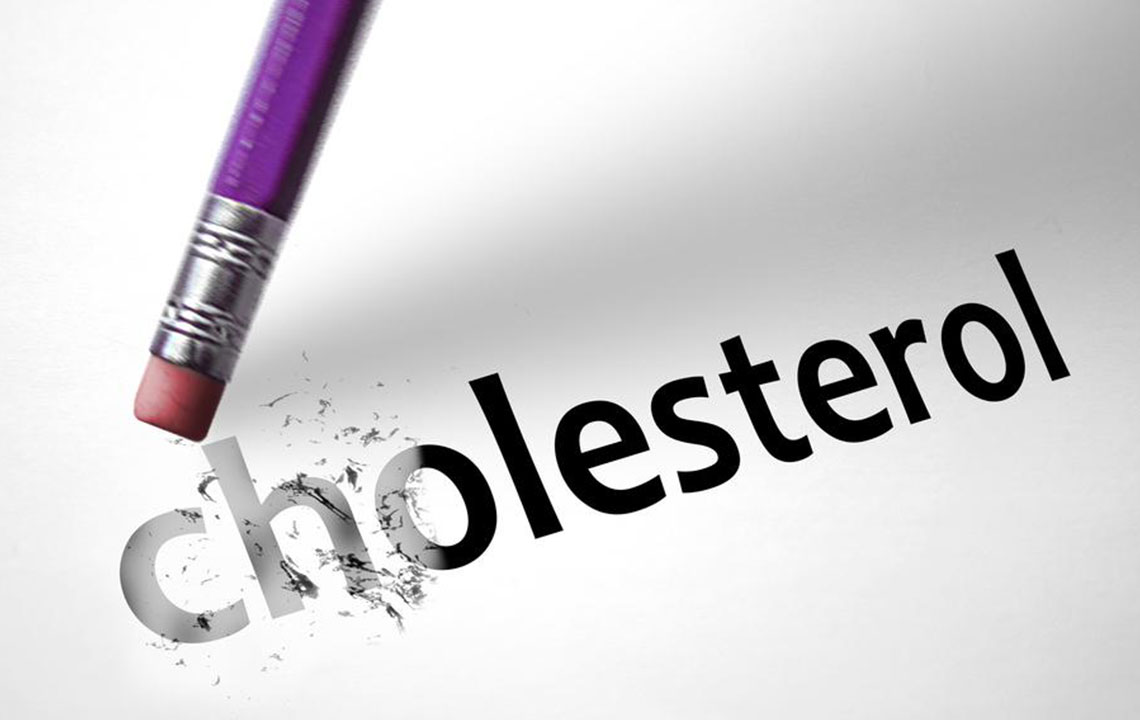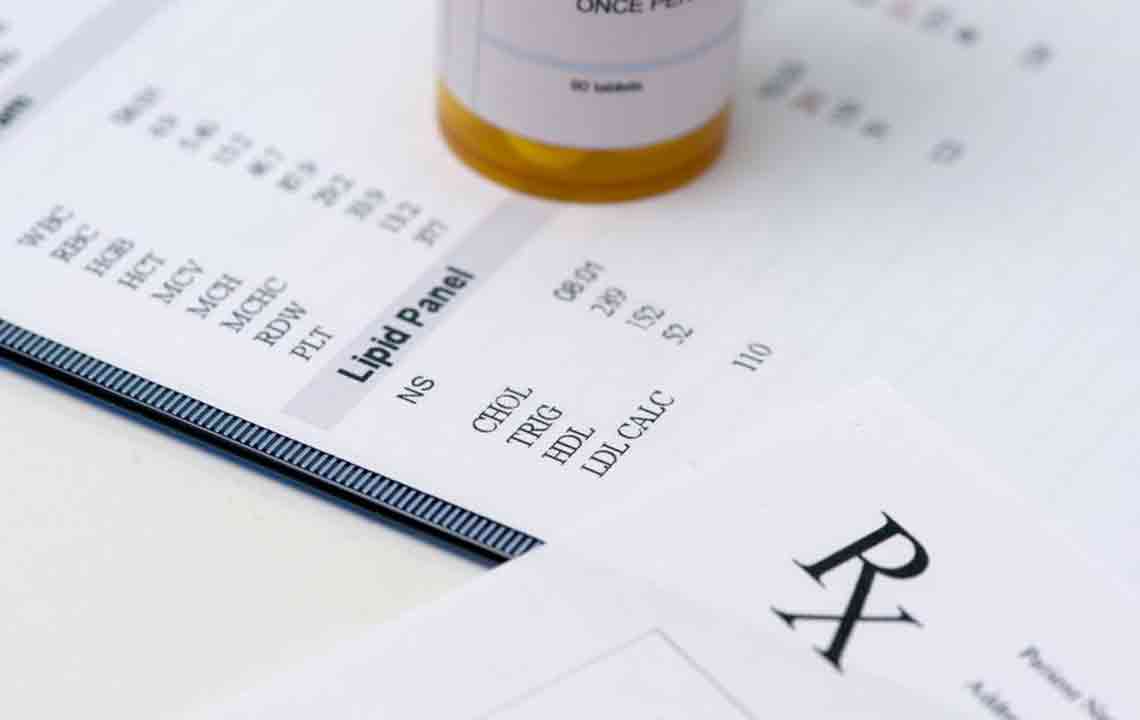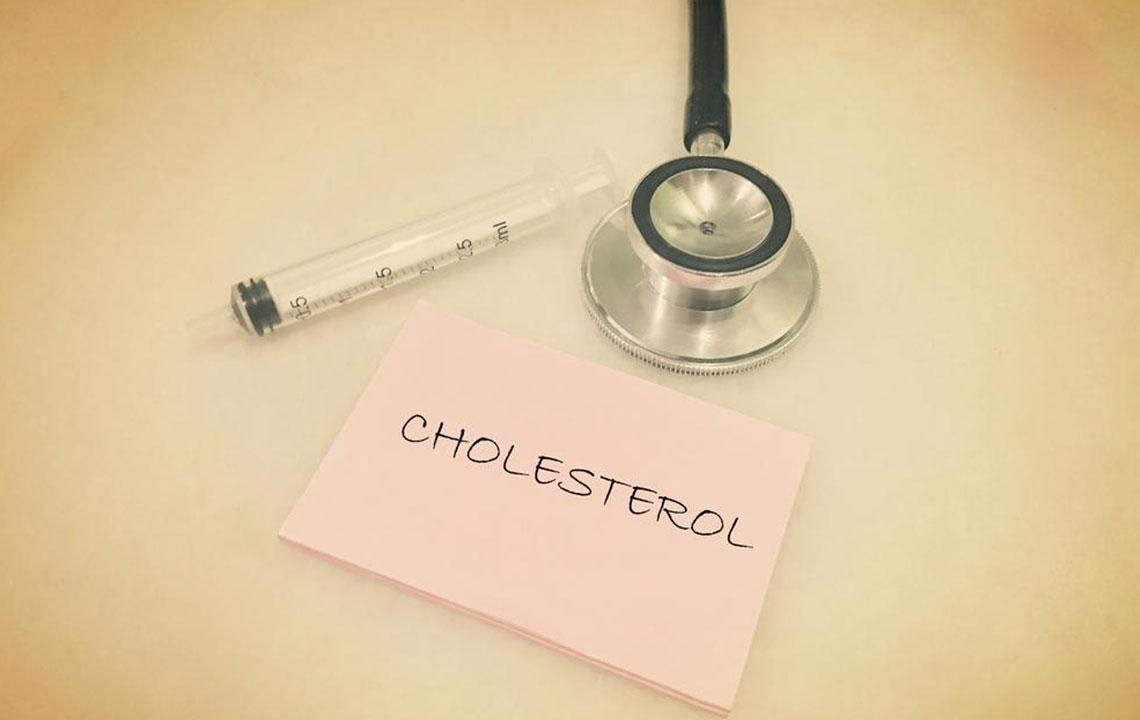Natural Strategies to Lower Elevated LDL Cholesterol for Better Heart Health
Explore comprehensive natural methods to effectively lower high LDL cholesterol levels. This detailed guide covers dietary changes, lifestyle tips, and key foods that support heart health, helping you prevent cardiovascular disease naturally. Implementing these strategies can lead to healthier cholesterol levels, improved circulation, and a stronger heart. Learn how to incorporate fiber, healthy fats, plant sterols, and more into your daily routine for long-term benefits and overall well-being.

Effective Natural Methods to Reduce High LDL Cholesterol and Protect Your Heart
Cholesterol levels are influenced by a complex interplay of factors including diet, body weight, physical activity level, gender, and genetics. Understanding these elements can help tailor effective strategies to manage and lower bad cholesterol, or LDL cholesterol, which is notorious for its role in cardiovascular disease. Elevated LDL cholesterol can accumulate in artery walls, forming plaques that narrow blood vessels, reduce blood flow, and increase the risk of heart attacks or strokes—a condition known as atherosclerosis. While pharmacological treatments like statins are commonly prescribed, adopting a natural and lifestyle-based approach can be equally effective, especially when integrated early and consistently. In this comprehensive guide, we explore scientifically proven natural methods to lower LDL cholesterol, improve heart health, and prevent cardiovascular complications.
Managing LDL levels naturally involves a combination of dietary modifications, physical activity, weight management, and other lifestyle changes. These approaches not only assist in reducing cholesterol but also enhance overall well-being, energy levels, and longevity. Let’s delve into specific strategies that can make a significant difference in your health journey.
Avoid Trans and Saturated Fats
One of the primary contributors to elevated LDL cholesterol levels is the consumption of unhealthy fats. Trans fats, found in fried foods, commercial baked goods, snacks, and fast food, are notorious for raising bad cholesterol while lowering beneficial HDL cholesterol. Saturated fats, present in red meat, full-fat dairy products, and processed foods, also contribute significantly to LDL elevation. Reducing intake of these fats is crucial in managing cholesterol levels. Instead, opt for healthier fats like monounsaturated and polyunsaturated fats found in olive oil, nuts, avocados, and fatty fish.
Increase Dietary Fiber Intake
Foods rich in soluble fiber bind to cholesterol in the digestive system and help eliminate it from the body. Incorporate foods such as oats, barley, legumes (peas, lentils, beans), sweet potatoes, carrots, and an array of fruits including oranges, apples, berries, and pears. A higher intake of fiber not only supports cholesterol reduction but also enhances gut health, stabilizes blood sugar levels, and promotes weight loss. Aim for at least 25-30 grams of fiber daily, gradually increasing to see the best results.
Incorporate Whey Protein
Whey protein, derived from milk, is a complete protein that has demonstrated positive effects on cholesterol levels. Studies indicate that whey protein can reduce LDL cholesterol and triglycerides while increasing HDL cholesterol. Its benefits extend beyond heart health, as it also supports muscle repair and satiety, aiding in weight management. Including whey protein supplements or consuming dairy-based whey during meals can be an easy way to incorporate this beneficial nutrient into your diet.
Utilize Plant Sterols and Stanols
Plant sterols and stanols are natural compounds found in plants that can significantly lower cholesterol absorption in the intestines. Foods fortified with plant sterols—such as certain margarines, orange juices, and yogurt—are readily available and recommended for individuals seeking natural cholesterol management. Consuming about 2 grams of plant sterols daily can result in a notable reduction in LDL cholesterol levels, making them a valuable addition to your diet.
Incorporate Heart-Healthy Foods Like Onions
Onions are rich in flavonoids and antioxidants, which play a role in reducing LDL cholesterol and oxidative stress in the arteries. Regular consumption of onions can promote better blood flow, reduce inflammation, and support overall arterial health. Adding onions to salads, soups, and stir-fries is an easy way to leverage their cardiovascular benefits. Moreover, their versatility in cooking makes them a sustainable addition to a heart-healthy diet.
Beyond dietary adjustments, regular physical activity, maintaining a healthy weight, quitting smoking, managing stress, and limiting alcohol consumption are essential components of a comprehensive approach to lowering LDL cholesterol naturally. Engaging in aerobic exercises such as walking, cycling, swimming, or jogging at least 150 minutes per week can dramatically improve lipid profiles and enhance cardiovascular health.
In conclusion, reducing elevated LDL cholesterol levels is achievable through consistent application of natural methods. Combining dietary modifications—like reducing unhealthy fats, increasing fiber and protein intake, and utilizing plant sterols—with lifestyle changes provides a powerful strategy to safeguard your heart and improve your quality of life. Always consult healthcare professionals for personalized advice, especially if you have existing health conditions or are on medications. Embrace these natural strategies to enjoy a healthier, longer life with a robust heart and well-functioning arteries.





